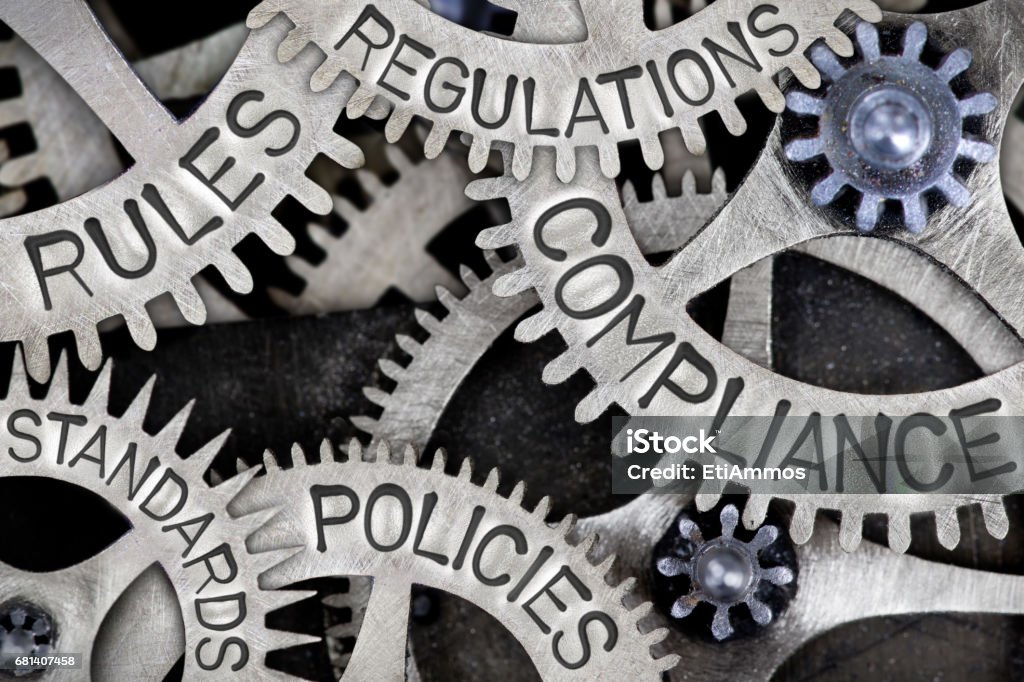Utilizing Data Science to Promote Safety and Efficiency in Mumbai’s Metro
In contemporary systems, data is the foundation for decision-making, procedure optimization, and tailored experiences. Data science is essential to maintaining operational effectiveness, security, and passenger comfort in Mumbai’s Metro.
Increasing Productivity with Data science Insights
Data is gathered by the Mumbai Metro network from a number of sources, including as the automated fare collection system, signaling mechanism, and train system. This abundance of dynamic data offers insightful information about the state of the system, passenger loading, trip specifics, and influx. Metro officials can improve overall system efficiency, manage train timetables, and allocate resources effectively by studying this data science. To effectively fulfill passenger demand, data analysis, for example, can assist in identifying peak travel times and modifying train frequencies accordingly.
Monitoring Data to Ensure Safety
The Mumbai Metro places a high premium on safety, and data monitoring is essential to keeping it that way. Trains as well as the track exchange data continuously to guarantee safe separations between them and avoid accidents. Sensors keep an eye on vital indicators like voltage levels to guarantee the Metro system’s dependability and safety. Metro authorities can improve passenger safety and system confidence by proactively identifying safety issues and implementing preventive steps by utilizing data-driven insights.
Giving Passenger Comfort First Priority Through Data Science Analysis
Mumbai’s Metro places a high priority on passenger comfort, and data science analysis sheds light on commuter interests and behavior. Metro officials can tailor pricing packages as well as amenities to better suit the demands of passengers by examining commuter data. This data-driven strategy prioritizes passenger comfort and happiness to improve the entire commuter experience. For instance, data analysis may highlight patterns in the flow of passengers, causing Metro authorities to modify seating configurations or upgrade station amenities to increase customer experience.
Developing a Culture Driven by Data Science
Mumbai’s Metro places a strong emphasis on the interpretation and analysis of data in order to foster an environment that values data among its staff. Workers receive training on how to analyze data holistically and comprehend how it relates to the operation of the Metro system and the traveler experience. Through the delegation of authority to staff members to derive practical insights via data, Metro authorities foster innovation and ongoing systemic improvement.
Initiatives for Education and Training
Mumbai’s Metro makes investments in educational and training programs to increase staff data literacy. In order to extract valuable insights from information, staff members receive instruction in data analysis methods, tools for visualization, and interpretation methodologies. In order to keep staff members informed about the most recent advancements in data science analysis and how they apply to the Metro system, seminars, training sessions, and data science courses in Mumbai, are also arranged.
Cooperation and Information Exchange
To promote an innovative and learning culture, Metro employees are encouraged to collaborate and share information. Cross-functional teams collaborate to examine data and spot areas that could use improvement. Employees have a venue to exchange ideas, techniques that work, and lessons from data analysis initiatives through periodic conferences, data science courses and brainstorming sessions.
Using Cutting-Edge Sensor Technology to Promote Structural Safety
The Mumbai Metro uses cutting-edge sensor technology to keep an eye on vital infrastructure, such as the Cable Stay Bridge that spans the Western Express Highway, since it takes structural safety very seriously. These sensors give vital information on stresses and vibrations, allowing for the proactive implementation of predictive maintenance procedures. Metro authorities can improve safety and reliability by ensuring the underlying strength of important infrastructure components by utilizing data from sensors.
Examining Commuter Behavior to Improve Services
It is essential to comprehend commuter behavior in order to maximize service offerings and improve the commuter experience in general. Metro authorities can determine popular stations, preferred fare packages, and areas for service improvement by researching commuter patterns and preferences.. Metro authorities are able to successfully customize services to meet the changing needs of commuters because to this data-driven strategy.
Gaining Knowledge from Large-Scale Datasets
Mumbai’s Metro uses an organized approach to data science course analysis in order to derive important insights from large databases. Metro authorities prioritize data according to its significance and effect on the system’s functioning and passenger experience, guaranteeing that the insights obtained from the data are useful and actionable. By doing this, it is ensured that the focus of data analysis efforts is on areas that have the potential to significantly improve operational efficiency and service delivery.
Adaptive Timetable Creation Using Commuter Patterns
One instance of making decisions based on data is creating a dynamic schedule depending on commuter patterns. Metro authorities discovered changes in commuting habits through the analysis of commuter data, especially after COVID-19. Metro authorities can successfully modify service schedules to accommodate fluctuating commuter demands thanks to this data-driven strategy. Mumbai’s Metro can raise customer happiness and improve the entire commuter experience by providing services that are in line with passenger needs.
Encouraging Sustainable Practices and Eco-Friendly Behaviors
The Metro in Mumbai is dedicated to lowering its environmental impact and encouraging environmentally responsible behavior across its operations. The Metro authorities are striving for environmental sustainability through a number of programs, including wastewater treatment techniques, solar panels, and energy-efficient fixtures.
Targets for Reducing Carbon Emissions and UNFCCC Registration
With aggressive goals for lowering carbon emissions, the Metro-3 initiative has been recognized with the United Nations Framework Convention on Climate Change (UNFCCC). Metro authorities hope to significantly reduce carbon emissions and vehicle journeys by putting energy-efficient lighting, solar panels, and regulated air conditioning into place. These programs show how committed the Metro is to sustainability and environmental responsibility.
Certification for Green Buildings and Sustainable Practices
The Metro authorities have demonstrated their commitment to sustainable building methods by obtaining green building certification for numerous of their stations and facilities. The Metro’s sustainability as a whole aims are aided by actions like trash reduction, wastewater management, and the use of environmentally friendly materials. The goal of Mumbai Metro’s sustainability practices is to reduce the company’s environmental effect and help create an environmentally friendly future for all riders.
Business Name: ExcelR- Data Science, Data Analytics, Business Analyst Course Training Mumbai
Address: Unit no. 302, 03rd Floor, Ashok Premises, Old Nagardas Rd, Nicolas Wadi Rd, Mogra Village, Gundavali Gaothan, Andheri E, Mumbai, Maharashtra 400069
Phone: 09108238354, Email: enquiry@excelr.com



